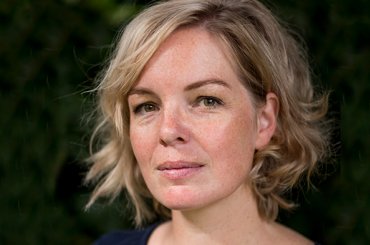Mission and vision
In our mission and vision, we are guided by the core values of ambition, engagement, inspiration and independence.
Our mission: what do we want to contribute to the world?
We are working towards a better world. We do this by researching complex issues beyond the borders of disciplines. We put thinkers in contact with doers, so new insights can be applied. We give students the space to develop themselves. In so doing, we make substantial contributions to society, both now and in the future.
Our ambition: how do we fulfil our mission?
When it comes to solving the problems of the world, we aim high. We want to give direction to necessary transformations. We see the university as a catalyst for change. That is the contribution we want to make to society.
Our vision: what do we see happening in the world?
We live in a world that is rapidly changing. Global issues are complex: they are not limited to generations or continents and cannot be solved from one single perspective.
Themes such as climate change, distribution of wealth and healthy living require an interdisciplinary approach. Scientific insights are needed to solve these issues.

Discussing a terror attack in class
‘Children and teachers want to be able to distinguish facts from opinions, and are looking for knowledge that helps them put incidents and attacks in a broader perspective.’ Terrorism expert Beatrice de Graaf recognised that schools need up-to-date information on conflicts, security and terrorism.

Young and happy?
‘Our research touches not only on well-being, substance use and social media, but also addresses school-related pressure, condom use, soft drink consumption and relationships with parents and friends. It also allows us to compare young people in the Netherlands with their peers from nearly every other country in Europe.’

'Measuring the quality of our living environment is key to understanding why we stay healthy'
Air pollution can make people sick. In order to find out how this works exactly, environmental epidemiologist Roel Vermeulen of Utrecht University and University Medical Center Utrecht measures air pollution with his research team.

'The water resources in the Himalayas are changing, and we need to understand how'
How do you minimise the destructive effects of global warming? In order to answer this question and make political decisions, insights into the impact of rising temperatures are needed.

